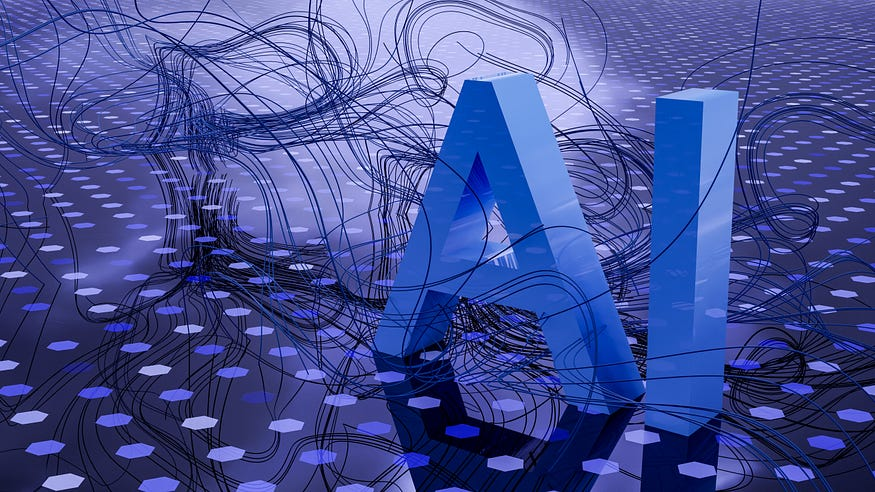Developers and Social Responsibility: Ethical Considerations in the Age of AI
The advent of Artificial Intelligence (AI) has brought about a technological revolution, with the potential to change the world in ways we can only imagine. However, with great power comes great responsibility, and as developers, we must consider the ethical implications of the systems we create.

Here are some important ethical considerations for developers to keep in mind when building AI systems:
- Acknowledge the impact of our work on society: Every line of code we write can have far-reaching consequences, both positive and negative. As such, we must ensure that we are not creating systems that perpetuate bias, discrimination, or harm.
- Address data bias: Data bias can occur in many ways, such as data collected from a limited sample group or data that reflects existing societal biases. If we don’t address data bias, AI systems can perpetuate and amplify existing social inequalities. As developers, we must be mindful of these biases and work to mitigate their effects.
- Ensure transparency: It is crucial that people understand how AI systems work and how they make decisions. When people understand how AI systems operate, they can make informed decisions about their use. As developers, we must ensure that we are transparent about how our systems work and that we provide people with the information they need to make informed choices.
- Consider the impact on employment: While AI has the potential to automate many tasks, it is also important to consider the potential impact on workers who may be displaced by these systems. As developers, we have a responsibility to ensure that our systems are designed in a way that is not detrimental to society, but rather enhances it.
By taking these steps, we can create AI systems that are beneficial to society, rather than detrimental. As developers, we have a social responsibility to ensure that we create systems that serve the common good.

